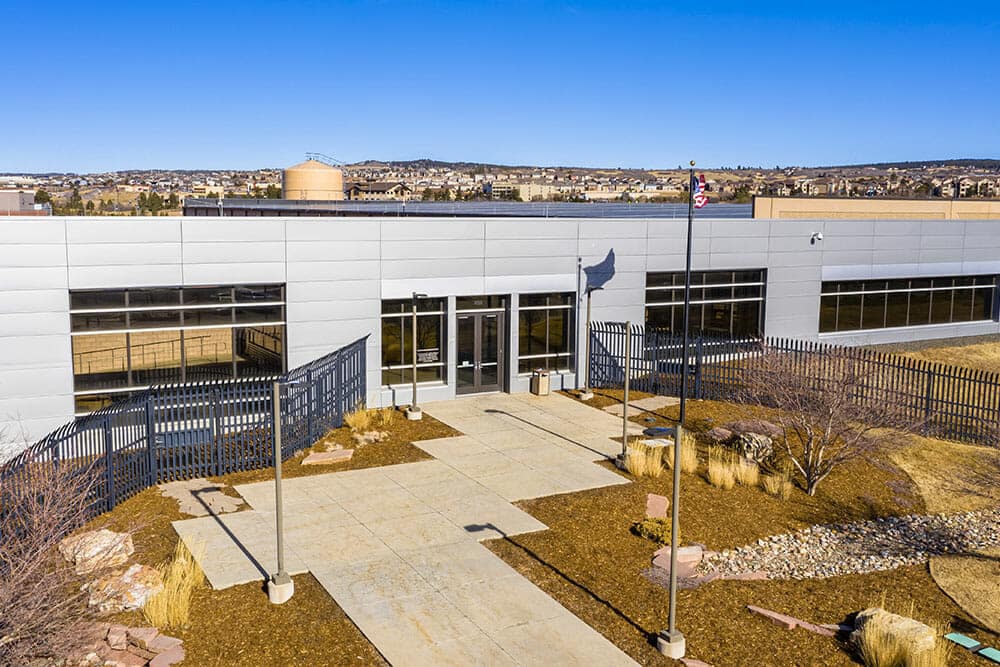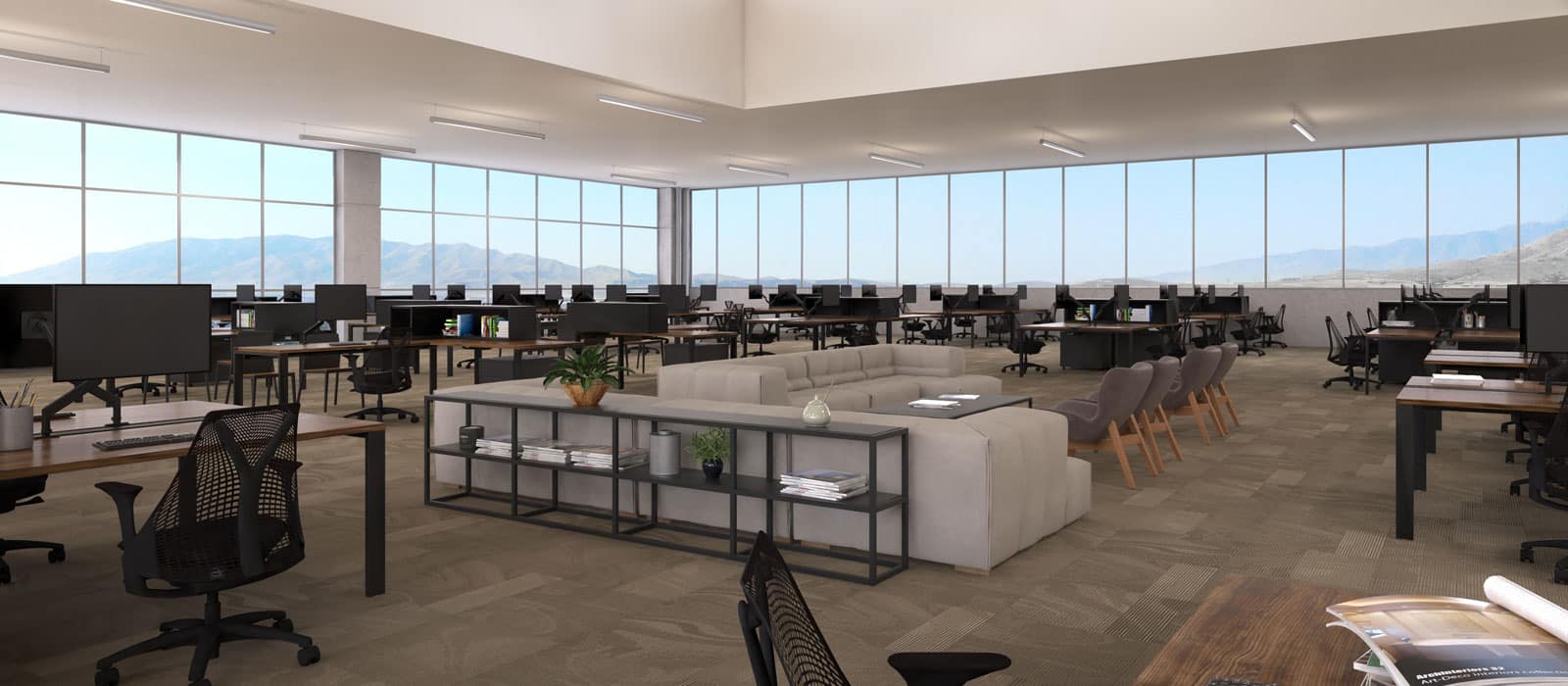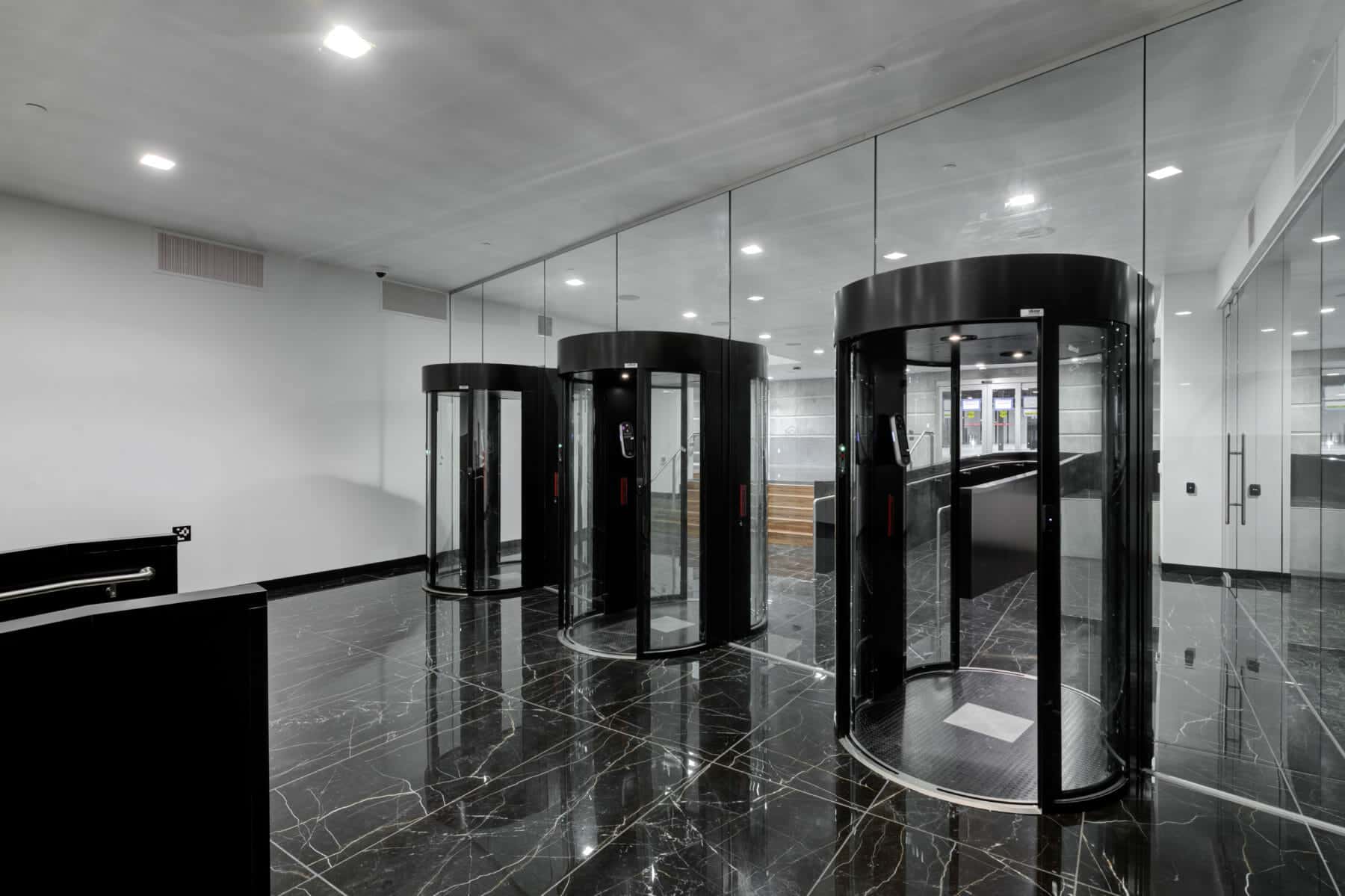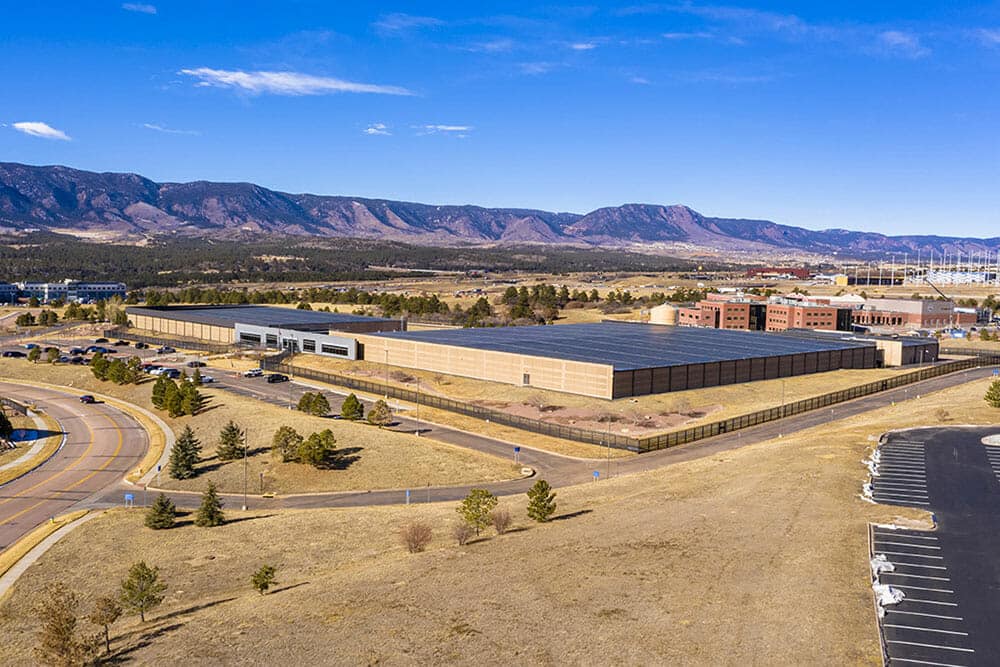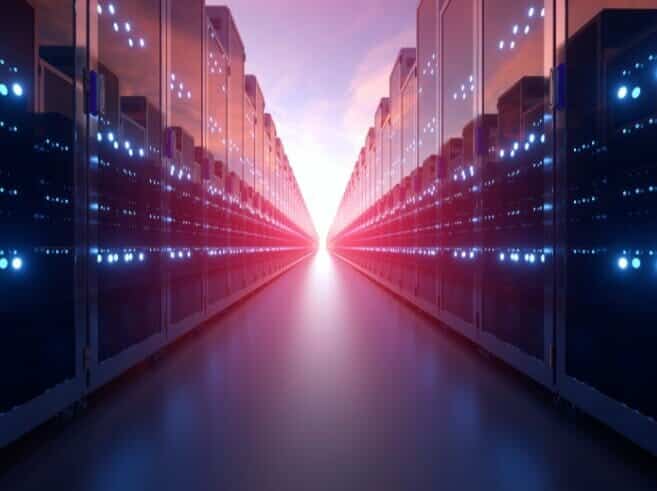We Take Privacy Seriously
PURPOSE
This Privacy Policy sets out the commitment by NOVVA, its successors and assignees (referred to as we, us and our) to protect the privacy of your personal information that we collect through our website www.novva.com, third party websites, mobile devices and any other device that you may use to access any of our products and services that does not have a separate privacy policy (collectively the Website) or directly from you, being the person, organization or entity that uses the Website (referred to as you or your).
We are committed to protecting the personal information we collect from you because we understand the importance of keeping your personal information confidential and secure. We use your personal information for the purpose of responding to your enquiry and supplying you with a service.
All information that we collect, including your personal information, is stored on secure servers located in secure cloud servers and offline storage facilities that we use. The selection and choice of storage locations is at our sole discretion. Please feel free to contact us should you require any further information on how we manage your personal information.
WHY DO WE REQUIRE YOUR PERSONAL INFORMATION?
The personal information collected and maintained by us is necessary for the products and services that we provide to you. Any information collected may be used to investigate any possible breach of our Terms of Use and Account Service Terms or breach of any law.
THE TYPE OF INFORMATION WE WILL COLLECT ABOUT YOU
Data Collection
Data collection is not required for use of our website. However, you may choose to provide information to our sales and executive team in regard to the services we offer, or other relationship inquiries. If you inquire with our sales or executive teams on the contact page, you are required to provide at least the following information to us:
- your first and last name;
- your email address;
- your telephone number;
- your preferred state location for services;
- your inquiry type, i.e.,
- client inquiries
- get a quote
- schedule a tour
- public relations
- partner relations
- other;
- your message to the recipient
OTHER TYPES OF INFORMATION WE MAY COLLECT:
We also receive other types of information about you:
- we receive data about you whenever you interact with the Website, such as when you search for a head contractor or a sub-contractor or click on an advertisement;
- when you post tenders on the Website, we may receive additional related data (or metadata);
- when you access the Website, we may automatically collect non personal information even if you do not register. This may include your IP address, operating system, domain name of the website that directed you to the Website, the number of visits, average time spent on a page, location, the type of browser you use, or the pages you visit. We may use this data and share it with our affiliates to monitor the content of our Website and its relevancy to improve the performance or your experiences on our Website; and
- we may receive other supplemental data about you from other sources, including publicly available databases or third parties who have provided us data, in which case we may combine this data with information we already have about you so that we can update, expand and analyse the accuracy of our records, and provide products and services that may be of interest to you. If you provide us personal information about others, or if others give us your information, we will only use that information for the specific reason for which it was provided to us.
- Through your use of services to access our Website, your communications data (for example, Internet Protocol Address, or IP Address) or utilisation data (information on the telecommunications services you accessed) may be technically generated and could, depending on the applicable law, constitute personal information. To the extent it is necessary, the collection and processing of your communications or utilization data, and the subsequent use of such data will only occur and be performed in accordance with the applicable data privacy protection framework and laws.
PURPOSE OF COLLECTION
When reasonably necessary we will collect and use your personal information for one or more of the following functions/activities:
- internal record keeping;
- providing products and services to you or to someone else you know;
- processing an application you have made;
- improving our products and services;
- direct marketing, including providing you with information about new products or services, special offers or other information that we, our related entities and affiliates offer that may be of interest to you; and
- undertaking various activities required by law.
METHODS OF COLLECTION
Personal information will generally be collected directly from you through the use of any of our standard forms, over the Internet, via email or through a telephone conversation with you.
How we use cookies and similar technologies:
A cookie is a small file which asks permission to be placed on your computer's hard drive. Once you agree, the file is added. You can choose to accept or decline cookies. Most web browsers automatically accept cookies, but you can usually modify your browser setting to decline cookies if you prefer. This may prevent you from taking full advantage of the Website.
Cookies allow web applications to respond to you as an individual. The web application can tailor its operations to your needs, likes and dislikes by gathering and remembering information about your preferences.
We may use cookies to monitor usage of the Website and to create a personal record of when you visit the Website and what pages you view so that we may serve you more effectively. We may also use traffic log cookies to identify which pages are being used. This helps us analyse data about web page traffic and improve the Website in order to tailor it to customer needs.
Overall, cookies help us provide you with a better website, by enabling us to monitor which pages you find useful and which you do not. A cookie in no way gives us access to your computer or any information about you, other than the data you choose to share with us.
We may use web beacons on the Website from time to time. Web beacons or clear .gifs are small pieces of code placed on a web page to monitor the behaviour and collect data about the visitors viewing a web page. For example, web beacons can be used to count the users who visit a web page or to deliver a cookie to the browser of a visitor viewing that page.
Information collected by cookies and similar technologies are treated as non-personal information except to the extent under local law of the IP addresses (or similar identifiers) are otherwise considered as personal information.
COMMUNICATING WITH YOU
We may contact you directly or through a third party service provider regarding products or services that you have signed up or purchased from us, such as necessary to deliver transactional or services related communications. We may also contact you with offers we think you will find valuable if you give us consent, or where allowed based on legitimate interests. You do not need to provide consent as a condition to purchase our goods or service. These contacts may include:
- Email
- Text (SMS) messages
- Telephone calls
- Other online messaging services
If you wish to discontinue receiving marketing and/or non-transactional e-mails from us, you may do so using an "unsubscribe" link in these emails. We would like to emphasize that this provision does not apply to transactional emails related to users’ business relationship with us.
We will however continue to use your Personal Information for the limited purpose of sending you important notices relating to information about your purchases and changes to our policies and agreements, or for other reasons permitted by applicable law.
DISCLOSURE OF YOUR PERSONAL INFORMATION TO THIRD PARTIES
We may share your personal information with our affiliated companies within our corporate family, with third parties with whom we have partnered to allow you to integrate their services into our own services, and with trusted third party service providers as necessary for them to perform services on our behalf. Where your personal information is provided to these third parties to enable them to perform their agreed activities, they are required to use the personal information provided only for the service they supply.
We only provide personal information to third parties if we consider that the third party can comply with the standards in our Privacy Policy.
Other than the above, we will not disclose your personal information without your consent unless disclosure is either necessary to prevent a threat to life or health, authorised or required by law, reasonably necessary to enforce the law or necessary to investigate a suspected unlawful activity or for such other reasons as allowed by law.
INTERNET USERS
If you access the Website, we may collect additional personal information about you in the form of your IP (Internet Protocol) address and domain name. Also, the Website may use cookies.
SECURITY
We store your personal information in different ways, including in paper and in electronic form. The security and protection of your personal information is important to us. We take all reasonable steps to ensure that your personal information is stored safely to protect it from misuse, interference, loss, unauthorised access, modification or disclosure, including electronic and physical security measures.
The time we store your personal information varies with the services we provide to you or someone you know. If we no longer need your personal information for the purpose of which it was obtained, we will take all reasonable steps to destroy the information and ensure the information is de-identified.
NOVVA is a global organisation so the information provided to us may be transferred or accessed in other countries around the world. In addition, if you utilise our services from a country other than the country where our servers are located, your communications with us may result in transferring your personal data across international borders.
No information transmitted over the Internet can be guaranteed to be secure. We cannot guarantee the security of any information that you transmit to us, or receive from us. The transmission and exchange of information is carried out at your own risk. Although we take measures to safeguard against unauthorised disclosures of information, we cannot assure you that personally identifiable information that we collect will never be disclosed in a manner that is inconsistent with this Privacy Policy.
Specific security measures we take may include the following:
--Your information may be encrypted during transmission using security software, such as Secure Sockets Layer (SSL) software.
--For credit card payments, we reveal only the last four digits of card numbers when confirming an order with you.
--We require Account Holders to utilize passwords and other security devices to access their Accounts. However, you must protect against unauthorized access to your password and your computer. It is your responsibility to avoid sharing your password, to ensure you have signed out of your Account after use, and to ensure that, if you use a shared computer, other users cannot access your Account without your consent.
YOUR RIGHTS AND ACCESS
Choice and Consent: Providing us with your personal information is optional to you. You can choose not to provide personal information. When you tick the online acceptance box and provide us with your personal information, you consent to the terms outlined in this Privacy Policy.
If, at any time, you wish to withdraw your consent to the terms outlined in this Privacy Policy, you can do so by contacting us at compliance@novva.com. Within [10] business days, we will destroy any of your personal information we have collected from you from the date of your initial acceptance.
Access: You may access the personal information we hold about you, upon making a written request. We will respond to your request for access within 30 days.
Refusal: We may refuse a request for access to personal information where the law requires or allows us to do so (for example, information relates to legal proceedings). You will be notified of any such refusal and the reasons for the refusal in a written notice to you.
Notification: If upon receiving access to your personal information or at any other time, you believe the personal information we hold about you is not accurate, out of date, incomplete, irrelevant or misleading, please notify us immediately. We will take all reasonable steps to correct the information so that it is not accurate, out of date, incomplete, irrelevant or misleading.
Correction: You have the right to correct personal information that we hold about you, including information which is inaccurate, incomplete or out of date. We rely in part upon customers advising us when their personal information changes. We will respond to any request within a reasonable time. We will endeavour to promptly correct any information found to be inaccurate, incomplete or out of date. You may update or correct certain information accessible to you in your own personal information pages on the Site, but when you do so, we usually keep a copy of the prior version for our records.
Right to be forgotten: We are committed to taking reasonable steps to ensure that any request for Personal Information to be forgotten can be carried out with our existing technology and that it will be done within a reasonable time after receiving the request. However, this does not apply to information that you have made public by posting on our forums, blogs, or have made available to third parties yourself, this is beyond the reach of what we can erase. We will do everything possible to erase your Personal Information if you withdraw your consent (opt out) from us to receive your Personal Information and request the right to be forgotten. However, we will not be able to erase all of your Personal Information if it is technically impossible due to limitations to existing technology, or for legal reasons.
Unsubscribe: To unsubscribe from our e-mail database, or opt out of any communications, please contact us with “Unsubscribe” in the subject line of the e-mail.
Prevent Cookies: You may set your own computer’s browser to prevent acceptance of new cookies, to require notification of new cookies, or to disable cookies completely. If you disable cookies, you may not be able to take advantage of some of the essential features of the Site, but you can selectively choose to have cookies when relevant to your use and access of the Site.
USE OF SITE BY MINORS
Our services and products are not usually promoted to individuals under age 18. If you access and/or use the Site, the Terms of Use require that you have legal capacity to make a contract with us, which requires you to be of adult age in the jurisdiction where you reside (usually age 18 or older). We do not knowingly collect personal information from children under age 13 without the consent of an adult parent or guardian.
LINKS TO OTHER WEBSITES
The Website may contain links to other websites that may be of interest to you. However, once you have used these links to leave the Website, you should note that we do not have any control over those other websites. Therefore, we cannot be responsible for the protection and privacy of any information which you provide whilst visiting such websites and such websites are not governed by this Privacy Policy. You should exercise caution and look at the privacy statement applicable to the websites in question.
FAILURE TO PROVIDE INFORMATION
If the personal information you provide to us is not accurate, out of date, incomplete, irrelevant or misleading, we may be unable to provide you, or someone else you know, with the services and/or products you, or they, are seeking.
PRIVACY INQUIRY/COMPLAINTS
If you have an inquiry or concern, please contact us by email to compliance@novva.com. Your email should describe thoroughly your question or concern. This inbox is actively monitored and managed so that we can respond to you promptly. Your visit to the Site is subject to our Terms of use, including limitations on damages, dispute resolution, and application of the governing law.
CHANGES TO OUR PRIVACY POLICY
From time to time it may be necessary for us to review and revise our Privacy Policy. We reserve the right to change our Privacy Policy at any time without notice, and should this occur the amendment would be posted on the Website. It is your responsibility to check the Site to see recent changes.
For questions and notices, please contact us:
Business Address:
6477 Wells Park Rd, West Jordan, UT 84081
Telephone:
801-557-2275
Email:
compliance@novva.com
